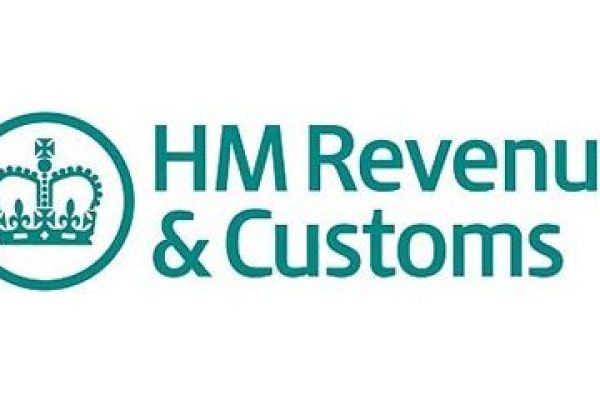 I’ve been trying to get my head around Prime Minister David Cameron’s decree, that UK ISPs will be obliged to block porn sites by the end of 2013. The idea is that it will protect children from viewing porn either by accident or design.
I’ve been trying to get my head around Prime Minister David Cameron’s decree, that UK ISPs will be obliged to block porn sites by the end of 2013. The idea is that it will protect children from viewing porn either by accident or design.
The four biggest UK ISPs, BT, Sky, TalkTalk and Virgin Media, are the ones being talked about in the media and it caused a bit of embarrassment to the Prime Minister that TalkTalk’s Homesafe filtering is owned by Huawei who themselves have been accused of spying for the Chinese government. Whether the Chinese get to check every URL we view in case it’s porn is a side issue however.
What’s more of a concern is exactly what will be blocked and is a porn filter the thin edge of Internet censorship?
We’re not talking about images such as Page 3 of the Sun here but child pornography and pornography depicting rape. First up of course is whether a filter will work in the first place. No filter is perfect so the kiddies the filter is supposed to protect will still potentially be able to see hard core porn. In fact whilst parents will probably be prevented from accessing porn, in reality kids today are more Internet savvy than their parents, are aware of proxy browsing and will quite happily access anything they want on the net.
So the filters won’t necessarily catch everything, but even worse what are you going to do if your website is somehow mis-classified and gets added to a porn list? More to the point who’s in charge of these lists and who decides what should be blocked, what’s allowable and how you can get your website off the list before you go bankrupt?
The government doesn’t want the responsibility and they’re not even going to legislate for mandatory porn filters. They’re also incidentally not going to pay for them, but want ISPs to foot the bill.
With no legislation smaller ISPs may refuse to implement filters, but even if they do by shopping around ISPs it may be possible to view content through one ISP that’s not available through another. With no central registry who’s to say what’s blocked and what’s not.
There’s also the issue of opt in/out out. David Cameron wants all households in the country automatically opted in to the porn filter. Good luck telling your partner that you want to opt out because you watch a bit of porn without their knowledge.
On BBC Radio 2’s Jeremy Vine show, David Cameron discussed the proposed porn filters saying: “This is not censorship, this is not the government saying “Right here’s what will be blocked”, this is the government working very hard at talking with all these companies agreeing with them a new protocol”.
Nice idea, no one can seriously object to blocking extreme and illegal porn from children. The problem is it won’t work and a mandatory opted in porn filter will simply leave parents assuming the Internet is a safe place for kids and that they bear no responsibility for monitoring their offspring’s internet access.
Finally what next? So the government hand over a blanket unregulated porn block to ISPs to implement, how long will it be until they use their assumed unlegistlated powers to start dictating what else we can or can’t view online?









7 Responses
The large UK ISPs already filter out child porn using a list supplied by the Internet Watch Foundation. This only covers extreme images and so does affect mainstream browsing. In addition they also block (by court order) a number of file-sharing sites.
Filtering the internet for families is a far more complex situation as the content that is suitable for a child will vary according to the age and maturity of the child.
Porn is not the only material on the internet that is not suitable for children, deciding which sites are, or are not, suitable is a far more complex and controversial job. Some drug advice sites may be very useful for informing childrens views, others may be harmful and promote drug use. The same will apply to most sites.
It will be difficult to make the system impossible to circumnavigate whilst keeping the internet usable. The first time a parent finds they are unable to VPN into their office system they will turn off the filtering.
Provided it is easy to opt-out of this system it will not cause too many problems, if the filtering is over-zealous most people will opt out, rendering the system useless.
TalkTalk are owned by Huawei?
Erm, no they aren’t.
Mobile phone companies already operate so-called filters but most kids access this still through mobiles so obviously it doesn’t work. Filters will block articles on STD’s but not well known porn sites. And how long before stuff which is “politically inconvenient” gets blocked? I work for a company that sells swimwear and sports wear and when the company tried to block staff from accessing sites featuring “nudity and semi nudity” it blocked our own websites and those of our competitors and the filters had to be switched off.
Whatever happened to parental responsibility?
just another idiotic knee-jerk response to a media campaign when those same “family” newspapers print pictures of 17 year olds in varying states of undress. No wonder the public are cynical.
At the end of the day it should be left with the parents to stop their children from viewing sensitive content. Porn is not the only danger on the internet in fact it is not the worst in my opinion social media websites are much worst as they allow children to be contacted by the dangerous people in the world.
This is proposal would just give a false sense of security to parents.